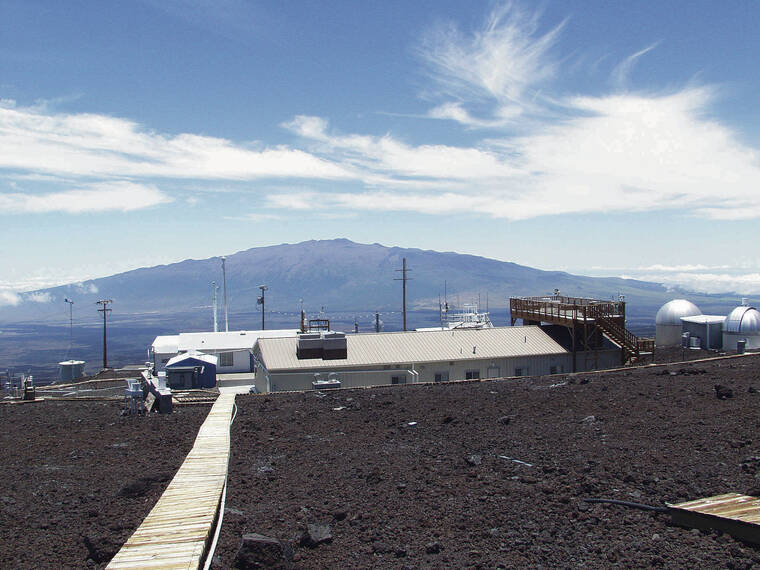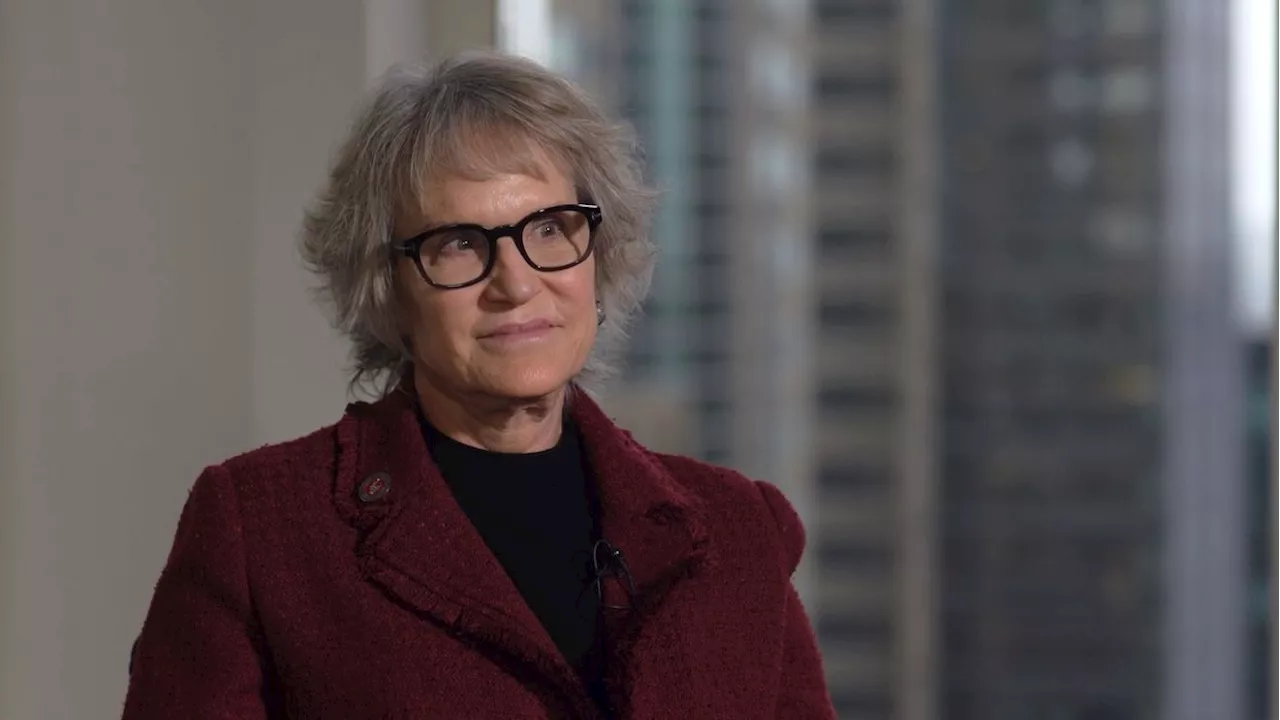
The Trump administration’s proposal to close the nearly 70-year-old Mauna Loa Observatory, a pivotal site for atmospheric research, has sparked significant opposition from Hawaii’s congressional delegation. The plan involves shutting down the National Oceanic and Atmospheric Administration (NOAA) office that supports critical research on atmospheric concentrations of carbon dioxide and other greenhouse gases.
In response to the announcement, Hawaii’s U.S. Senator Mazie Hirono and Representatives Jill Tokuda and Ed Case expressed their strong resistance last week. They introduced a resolution emphasizing the observatory’s long-standing role in climate science.
Historical Significance of Mauna Loa Observatory
Opened in 1958, the Mauna Loa Observatory has been at the forefront of atmospheric measurement, providing essential data for scientists around the globe. Rep. Ed Case underscored its importance, stating, “Since 1958, our Mauna Loa Observatory has been the world’s premier atmospheric measurement and research facility.” He further noted that discontinuing this vital work would deprive atmospheric scientists of crucial data necessary for understanding climate change, which he termed “the threat of our age.”
The observatory has played a critical role in tracking the rising levels of carbon dioxide, a key driver of climate change. The data collected at this site has informed climate models and policies worldwide, making its ongoing operation essential for both researchers and policymakers.
Political Response and Future Implications
The proposed closure has raised concerns about the future of climate research in the U.S. and globally. Lawmakers argue that halting operations at the Mauna Loa Observatory would not only impact local research efforts but also weaken the country’s overall capacity to address climate change. Both Hirono and Tokuda have voiced their commitment to preserving the observatory, highlighting its irreplaceable contributions to our understanding of atmospheric science.
As discussions continue, the fate of the Mauna Loa Observatory remains uncertain. The legislators are calling for sustained support for this historic facility, emphasizing the critical data it provides for climate science and environmental policy. With climate change posing significant challenges worldwide, the preservation of such vital research facilities is more important than ever.
The future of the Mauna Loa Observatory now hinges on the ongoing political dialogue, as advocates work to ensure that this key resource remains operational for years to come.






